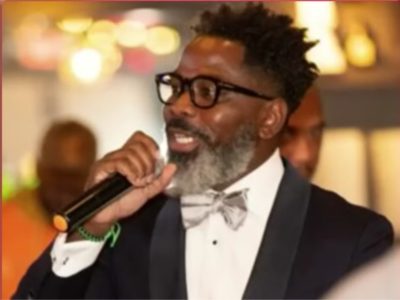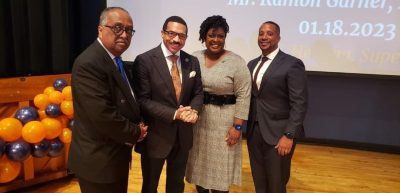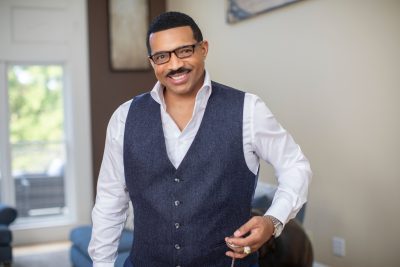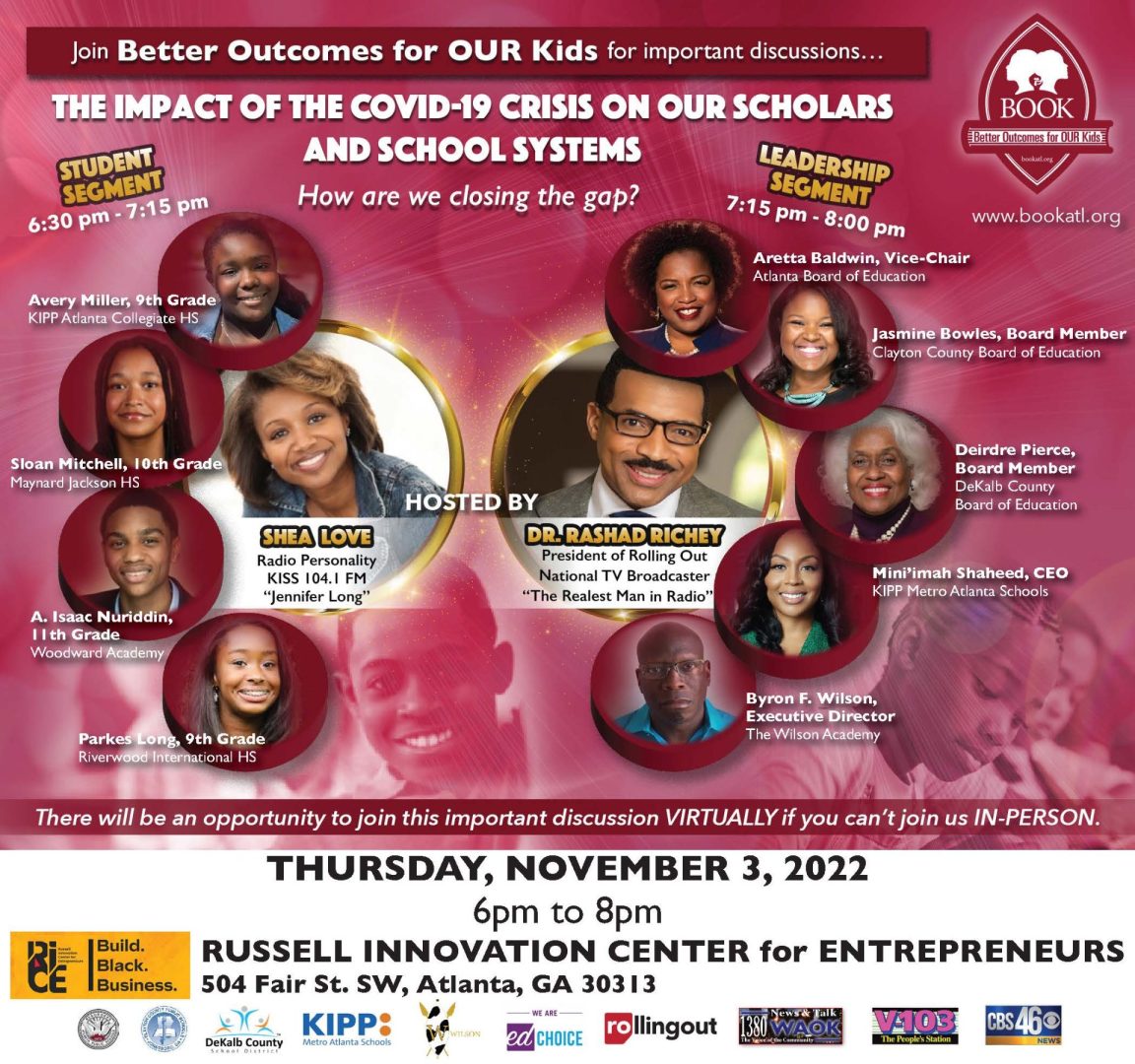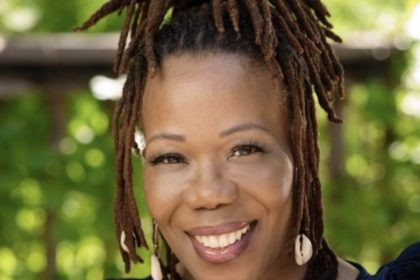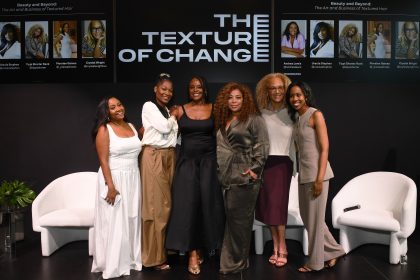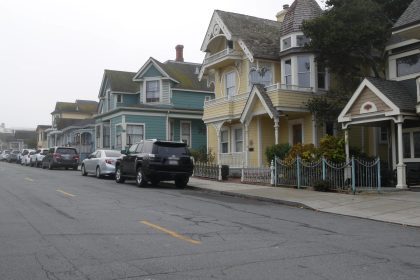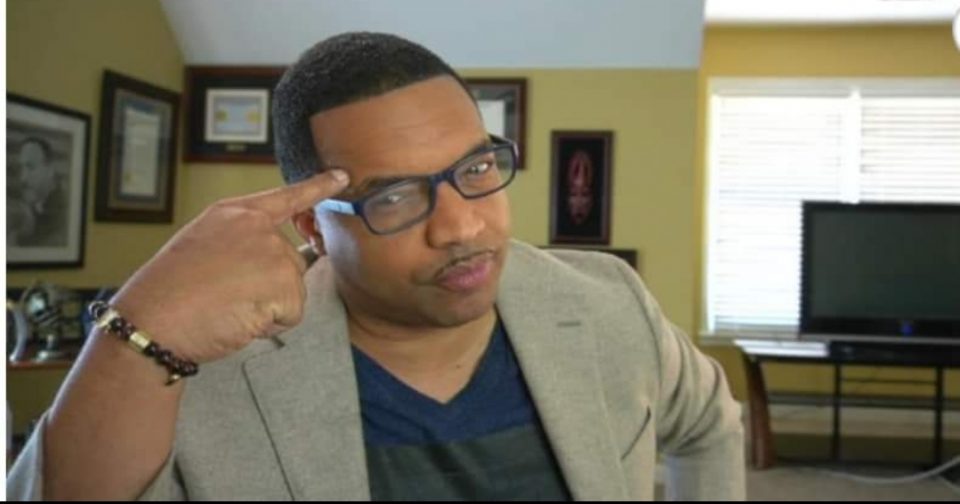
Noted journalists, commentators and trailblazers Maria Hinojosa and Rashad Richey, Ph.D., will co-lecture the University of Michigan’s annual Rev. Martin Luther King Jr. Symposium Memorial Keynote Lecture.
Michigan has been a coeducational institution since 1871. The university’s enrollment is approximately 32,000 undergraduate students and 16,000 graduate students. Undergraduate admission to the university is categorized as “most selective.” Nearly half of the students are from out of state. International students from some 130 countries account for 5 percent of the entire student body. In 2021, Michigan’s six-year graduation rate was 93 percent.
Michigan is one of the earliest American research universities, part of the URA, as well as a founding member of the Association of American Universities. The university achieved the fourth-highest overall research publication output among American research universities in the 2020 Nature Index, after Harvard, Stanford and MIT.
The lecture is scheduled to take place virtually at 10 a.m. Jan. 17.
According to The University Record, Hinojosa and Richey will first address the student independently then engage in a moderated discussion led by Patricia Coleman-Burns, professor emerita of nursing, the trio will discuss the theme of this year’s symposium, “This is America,” and explore defining America through the lens of social justice.
Throughout January, the MLK Symposium provides opportunities to participate in lectures, live performances, exhibits, workshops and community service projects sponsored by academic and non-academic units, student and staff organizations and community groups.
Richey is a university professor, lecturer, Emmy-nominated broadcaster, and political/social analyst. Nationally, Richey is the television news anchor for “Indisputable with Dr. Rashad Richey,” which airs on multiple cable outlets with viewership averaging 1.3 million daily. Richey is routinely featured for his political analysis and commentary on MSNBC, BBC America, Black News Channel, Fox News, CNBC, CBS News, and other networks. Prior to becoming the president of rolling out magazine in 2021, he served as editor-at-large and senior writer. Rolling out is the largest free-print urban publication in America with 2.8 million readers monthly and a combined social media following of over 500,000.
Richey is also the host of the award-winning “Rashad Richey Morning Show” on News & Talk 1380-WAOK and Political Commentator for V-103 FM, the nations’ largest urban station. Richey is the first African-American talk radio personality to be voted “Best Talk Radio Host” by readers of Atlanta Magazine and the Atlanta Journal-Constitution.
Richey earned his bachelor’s in religious studies and MBA from Beulah Heights University, Ph.D. from Scofield Graduate School, and completed his second doctoral degree at Clark Atlanta University with a research emphasis on federal policy and higher education access. Richey completed studies in Executive Leadership from Cornell University and currently matriculating at Birmingham School of Law finishing his law degree.
Believing service is what connects humanity, Richey serves on the Board of Directors for Piedmont Atlanta Hospital, and Children’s Rights -a policy and legal advocacy organization dedicated to the rights of children, and was awarded the Presidential Lifetime Achievement Award by President Barack Obama for his philanthropic endeavors.
Ms. Maria de Lourdes Hinojosa Ojeda is a Mexican-American journalist. She is the anchor and executive producer of Latino USA on National Public Radio, a public radio show devoted to Latino issues. She is also the founder, president, and CEO of Futuro Media Group, which produces the show. In 2018 she was a Fellow at Shorenstein Center at the Harvard Kennedy School and is a frequent speaker across the country. In 2019, Ms. Hinojosa was named the inaugural Distinguished Journalist in Residence at her alma mater, Barnard College. With a career spanning 30 years, she has informed millions. Ms. Hinojosa has won numerous honors and awards for her work. Other recognition includes The Robert F. Kennedy Journalism Award for Reporting on the Disadvantaged, the National Association of Hispanic Journalists’ Radio Award, the New York Society of Professional Journalists Deadline Award, the Edward R. Murrow Award from Overseas Press Club, and an Associated Press award. Ms. Hinojosa is the recipient of four Emmy Awards for her work for covering such topics as Taxing the Poor and The Plight of the Lower Class in Alabama. She was named among the top 25 Latinos in Contemporary American Culture. In addition to Ms. Hinojosa’s awards, she is the author of four books including her most recent book, Once I Was You: A Memoir of Love and Hate in a Torn America.
Moderator:
Dr. Patricia Coleman-Burns is a University of Michigan Assistant Professor Emerita of Nursing and affiliated faculty in the Department of Afro-American and African Studies. PCB began her career in the 70s studying Black & Black Women’s social movements. Appointed by former Dean of the UM School of Nursing Rhetaugh Dumas in 1991 as director of the Office of Minority Affairs; she immediately pioneered the trend to rename all such entities “Office of Multicultural Affairs”. Her scholarship focuses on intersecting identities across safe policing, social justice, health equity, social determinants of health, and health promotion and disease prevention. Her research and science center on community impact and access of citizens to evidence-based knowledge and skills. She conducts workshops on anti-racism and anti-Blackness narratives; “hidden unconscious and/or implicit biases”; microaggressions across intra-personal, interpersonal, institutional and cultural domains; and “bystander (accomplices & co-conspirator) intervention”.
ACKNOWLEDGMENTS
Sponsored by the University of Michigan Annual Reverend Dr. Martin Luther King Jr. Symposium; the Office of Academic Multicultural Initiatives, a unit in the Office of Diversity, Equity and Inclusion; and the Stephen M. Ross School of Business with support from the William K. McInally Memorial Lecture Fund; and Institute for Humanities from the Jill S. Harris Memorial Lecture Fund.



